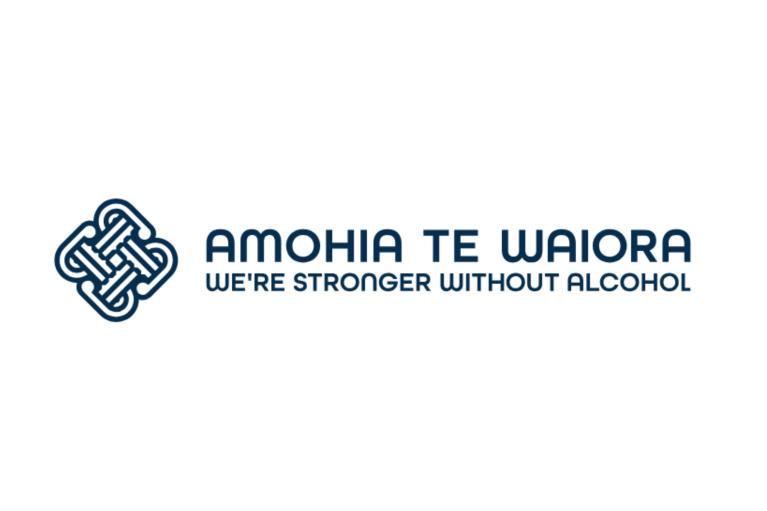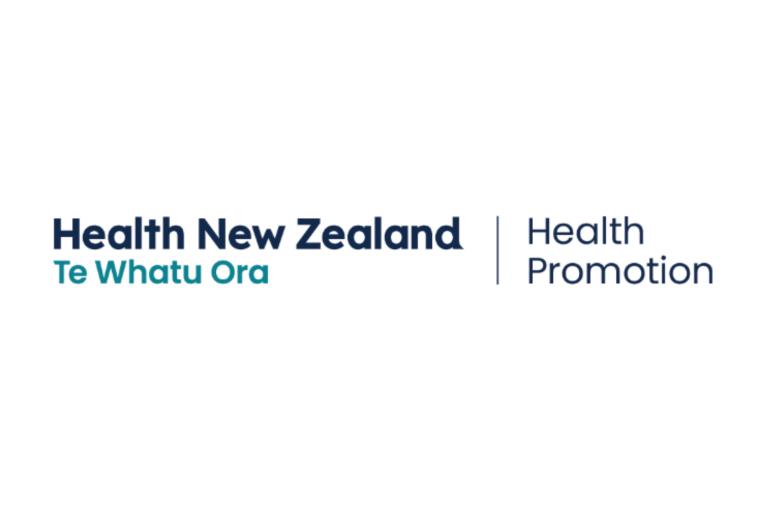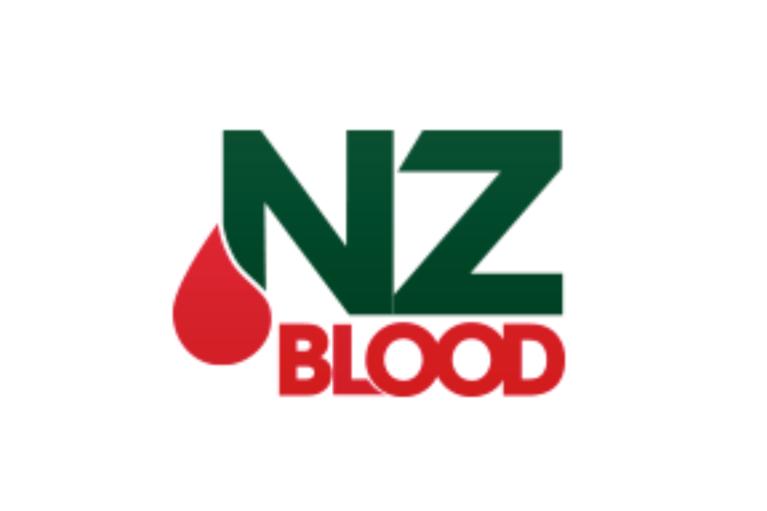Key points about long-term follow-up and your health after childhood cancer
- when you have finished cancer treatment, you may have questions about how to keep well and healthy and what to worry about or not worry about
- making healthy choices now will have a positive effect on your health for the rest of your life
- as you go through your teenage years, it's good to start taking more responsibility for keeping healthy
Concerns about cancer coming back
For most childhood cancer survivors, the risk of the cancer coming back after 5 years is very small. Talk with your oncologist or paediatrician when you go to clinic about your individual risks, as this is different for everyone.
The chance of developing a second cancer also depends on a number of things including:
- your original cancer
- age at diagnosis
- type of treatment
- environmental factors
- individual risk (because of your genes)
- health behaviours (such as diet, exercise, smoking)
Telling other people about your cancer
When you were first diagnosed and having treatment, it probably seemed like everyone knew you had cancer. As you get older and change schools or make new friends, fewer and fewer people will automatically know that you had cancer as a child.
Some rangatahi are happy to talk about their experience. Others feel that it 'labels' them and may make others see them differently. It is a very individual decision and no one will have the same view. It is OK to do what feels right for you at the time.
It is important that whenever you see a new health professional, they know your health history so they can care for you in the best way. This includes health professionals such as a:
- doctor
- nurse
- dentist
- midwife
- optometrist
Your 'health passport' (treatment summary) is useful here. Remember that if you lose your copy you can get another by contacting your treatment centre at any time.
Telling your employer you've had childhood cancer
What you decide to tell an employer is your decision. It is important to remember that legally, employers cannot discriminate against you on the basis of any existing health condition.
Employers and employment contracts can often be different, but in most cases, an application form for a job will have the following question: 'Do you have any pre-existing medical condition that may affect your ability to perform this role?'. It is often better to tell the employer at the beginning that you had cancer but are now cured. Or, if you do have any late effects from your cancer or treatment, it may be important they know so any adjustments to your work environment can be made.
Insurance cover after childhood cancer
The different types of insurance (travel, health, life and income protection) cover you for unknown 'yet to develop' health conditions. Insurers generally do not cover any pre-existing health conditions. This means if you develop a condition before you have insurance, the policy won't cover that condition or anything related to it. This would include side effects from cancer treatment.
It may be a good idea for you to first get expert advice from an insurance broker and to 'shop around' various insurance companies for the best cover. Get a clear understanding before signing a policy.
Keeping healthy after childhood cancer
Making healthy choices now will have a positive effect on your health for the rest of your life.
It is important to have a good family doctor (GP) who knows your health history and who you trust. It is a good idea to have a health check at least once a year, especially once you have finished long-term follow-up care.
Diet and exercise are important to keeping healthy. As you go through your teenage years, it's good to start taking more responsibility for what you eat, how much you drink and the exercise you do.
Eating healthily after childhood cancer
Here are some positive steps you can take to keep healthy:
- try to have 5 servings of fruit and vegetables a day
- keep a healthy weight for your age and height
- try to limit the amount of fat you have each day
Exercising after childhood cancer
It's important to exercise after cancer treatment.
Exercise is a great way to improve your mood and wellbeing. Exercise strengthens the bones (this is especially important if you had steroids or radiation) and helps make your heart and lungs stronger.
Joining a gym, playing a team sport, running, cycling and swimming are all good ways to exercise and often what people think of first. But remember, walking to school, uni, work or to the shops are all easy ways of increasing the amount of exercise you do each day.
If you are having any trouble exercising, make sure to talk to your healthcare team. They may have some suggestions and ways of helping you.
Skin care after childhood cancer
It's important to protect your skin from sun damage. This is especially true if you've had radiotherapy - the skin in that area may be more at risk of damage.
Ways to look after your skin include:
- cover up and use high factor sunscreen when in the sun
- don't use tanning beds
- know your own skin, check for changes and ask your doctor to check it at least once a year
- get your doctor to check any new moles, sores that don't heal, or changes to a freckle
Limiting alcohol after childhood cancer
Limit the amount of alcohol you drink and how often you drink. Don't binge drink as you may be at greater risk of causing damage to your liver and brain than your friends.

The Amohia te Waiora website has information and the latest advice around alcohol.

Check out the Health Promotion Agency's website for a guide to standard drinks. You'll find the standard drink content on the label, container or packaging of each drink.
Don't smoke or use recreational drugs after childhood cancer
You already know you shouldn't smoke. Smoking is linked with cancer - especially of the lungs, mouth, throat and bladder.
Don't take recreational drugs.
Blood donation after childhood cancer
There isn't a simple 'yes' or 'no' answer. In most cases, if you have had a leukaemia or lymphoma, you cannot donate blood.

If you'd like to know more about whether you can donate blood visit the NZ Blood Service website. Or you can contact them on 0800 448 325.
More questions about your health after childhood cancer
If you still have some unanswered questions, talk to your healthcare team.
Acknowledgements
All the pages in the childhood cancer section of this website have been written by health professionals who work in the field of paediatric oncology. They have been reviewed by the members of the National Child Cancer Network (NZ). Medical information is authorised by the clinical leader of the National Child Cancer Network.
